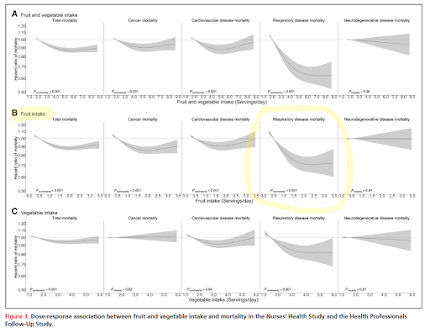shikimic acid, skin cell senence, proteostasis, Pinus strobus - brief notes
Modern Healthspan released a video on an article that reports that shikimic acid reduced markers of UV light induced cellular senescence in cultured dermal fibroblasts, increased SIRT1 activity and restored proteostasis . As MH suggests in the video, these findings could have much broader implications. Video: https://youtu.be/m_qaZSsFiT8 Research article: Martinez-Gutierrez et al. (2021) https://www.aging-us.com/article/203010/text "SA reverted misfolded protein accumulation upon senescence, an effect that was abrogated by EX-527. Consistently, SA induced an increase in the levels of the chaperone BiP, resulting in a downregulation of unfolded protein response (UPR) signaling and UPR-dependent autophagy, avoiding their abnormal hyperactivation during senescence. SA did not directly activate SIRT1 in vitro, suggesting that SIRT1 is a downstream effector of SA signaling specifically in the response to cellular senescence. Our study not only uncovers a shikimic acid/SIRT1 signa...
